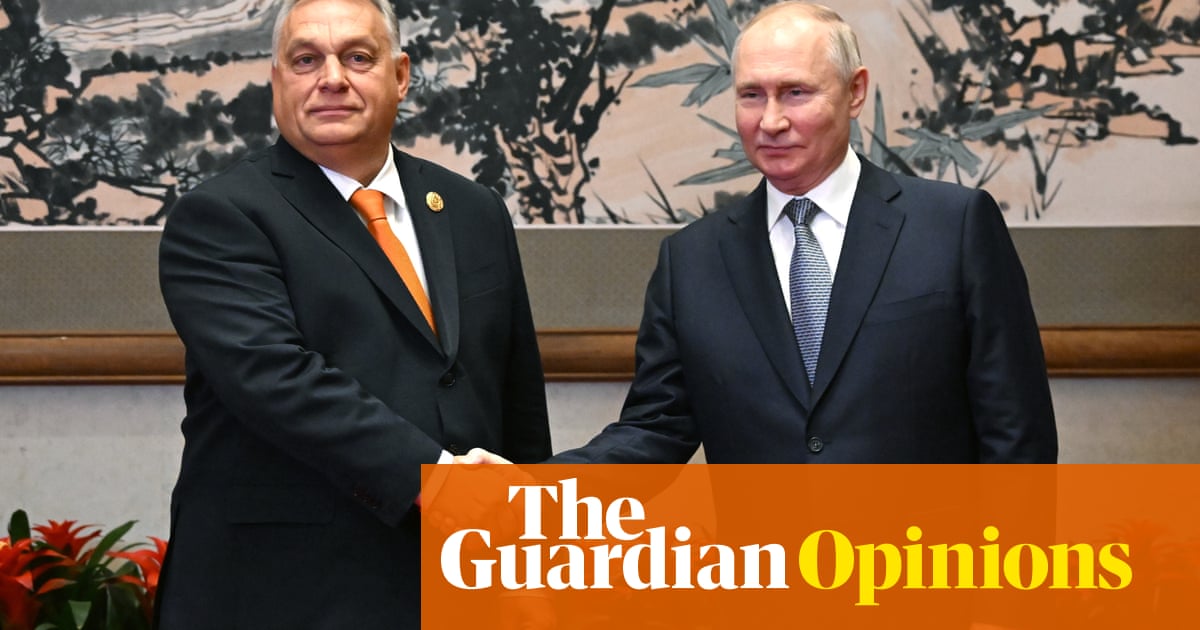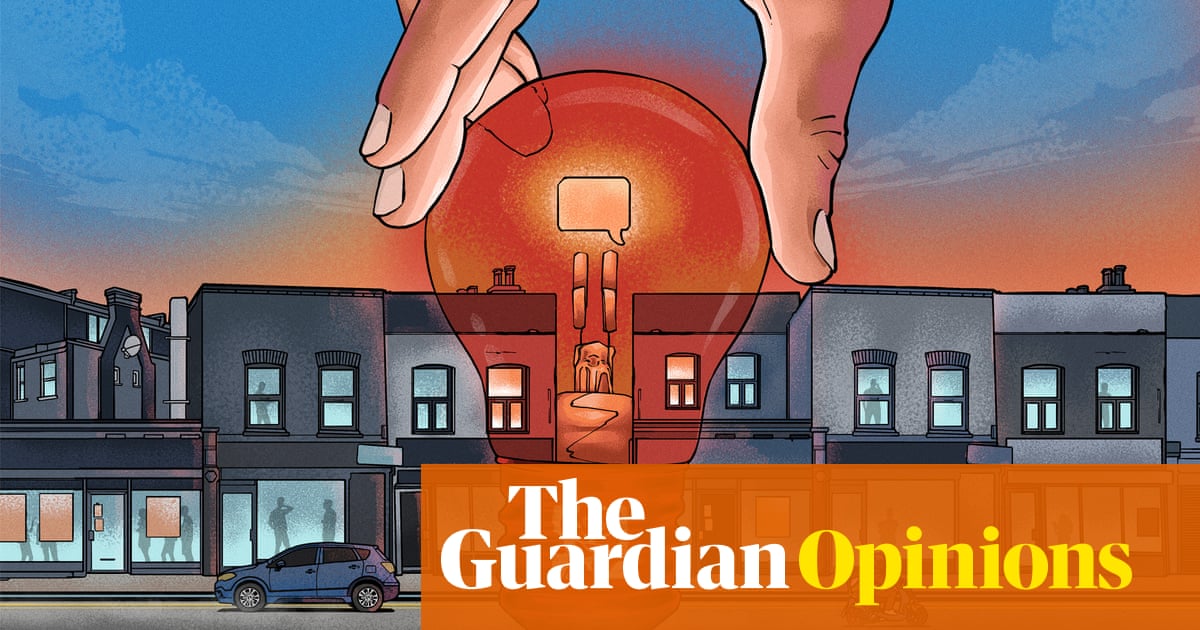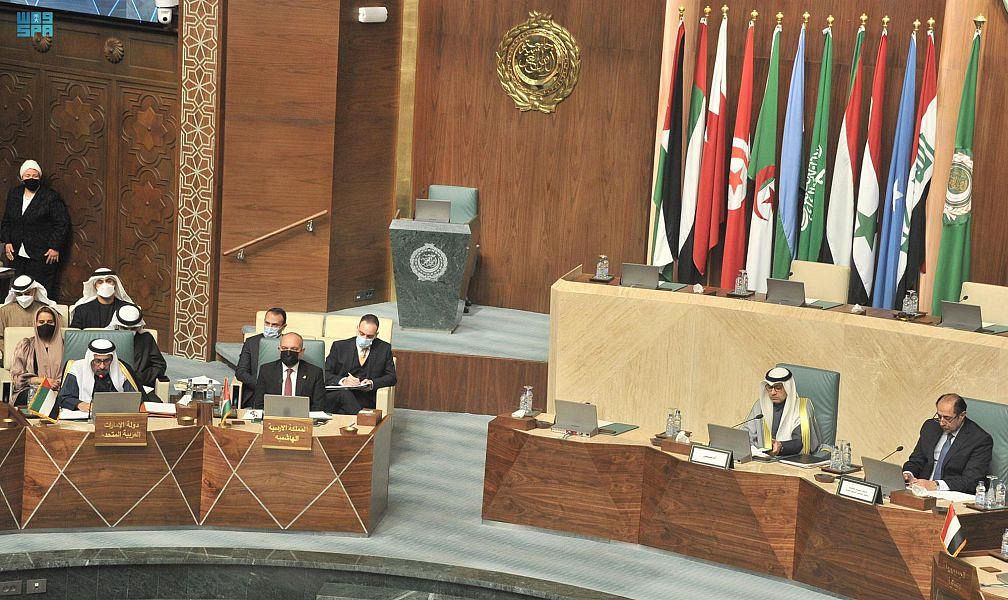
The image of a smirking Vladimir Putin clasping hands with Viktor Orbán sent shockwaves around western capitals, and rightly so. Putin, wanted for war crimes, with an active arrest warrant from the international criminal court, stood side by side with Orbán, representing a European Union and Nato member state.
The Orbán-Putin in-person talks, their first since Russia’s full-scale invasion of Ukraine in February 2022, came as the pair attended a state ceremony in China to mark 10 years of Beijing’s belt and road initiative. The Beijing gathering showcased a shocking tableau: a gathering of authoritarian leaders, including Putin and the Taliban leadership – and in the middle of them, Orbán, prime minister of a supposedly democratic EU member state.
Here was a tangible manifestation of what we have known for some time, that Hungary can no longer be counted among the group of democratic countries. This is, however, a fact that too few admit or understand – despite calls from the European parliament, academics and experts. The dangers of Orbán switching to the authoritarian camp have long been clear to us in Hungary’s democratic opposition. But they have not been taken seriously enough by Hungary’s western allies, including EU institutions with real leverage and legal mechanisms to uphold the rule of law and democratic values in their member states.
Orbán’s camaraderie with Putin is not just shameful; it is alarming. That a member of the European Council, which makes crucial foreign policy decisions for the EU, keeps such company, is deeply concerning.
Also distressing is the EU’s inaction in the face of Orbán’s behaviour. For a decade, the EU has procrastinated on concrete action. It took years of relentless pressure from us, European parliament lawmakers, for the European Commission (the EU’s executive) to apply sanctions against the Orbán government for its democratic backsliding.
Orbánism is spreading, a danger noted globally. Rightwing populists worldwide are keen to copy the playbook for how to dismantle democracy. Fans include former US president Donald Trump, who recently hailed Orbán as “a very powerful man” (although, to be fair, he also called him the “leader of Turkey”).
Rather than the powerful world figure he imagines, the footage from Beijing revealed Orbán to be a servile follower, bowing to the Russian foreign minister, Sergei Lavrov, and parroting the Kremlin’s narrative about the war in Ukraine, calling it a “military operation”. The reunion between the Hungarian and Russian leaders happened just days before Hungary’s commemoration of the 1956 revolution, our historic freedom fight against Soviet oppression, which Putin’s regime dismisses as a “fascist uprising”. In this, it was a humiliation of epic proportions, showing how little sovereignty Orbán commands in this new alliance.
But his sycophantic behaviour also raises questions about the integrity of the EU’s decision-making processes, where Orbán plays a significant role. Remember: Orbán sits on the European Council, making laws and decisions for the EU as a whole. And as the unanimity voting rule on foreign affairs gives him veto power, Putin is sitting there too. This has not gone unnoticed. The Lithuanian foreign minister, Gabrielius Landsbergis, reportedly asked his Hungarian counterpart at a meeting of foreign ministers whether he represented Hungary’s or the Kremlin’s position at the meeting.
So what should the EU do? A glimmer of hope has arisen since the governing Law and Justice party suffered an electoral defeat in Poland on 15 October. It had formed a strategic alliance with Orbán; together they shielded each other from censure within the EU. This is bad news for Orbán and good news for European democracy. It will be easier to oppose and isolate him on the European level.
European institutions should take note and hold steady as they assess whether to release €13bn (£11bn) in EU funding for Hungary that is currently frozen because of rule of law violations. Orbán brazenly used his commemoration speech on Monday to escalate the rhetoric, mocking the EU’s rule of law demand as being similar to a Soviet-era reprimand from Communist party headquarters.
Orbán has threatened to abuse his veto power over the EU budget process to extort the suspended money, claiming Brussels will “have to hold the bag open” to get his vote. Given the treaty-based obligations for good-faith cooperation, this is blatantly illegal, and the European Commission must never budge. Extortionists always come back to ask for more.
The EU should also give more support to independent civil society and oppressed local governments on the ground.
Finally, it’s imperative to abolish the unanimity voting rule in foreign affairs, as an important Franco-German proposal on EU reform also suggests. This step is crucial in preventing leaders from wielding disproportionate power and allowing authoritarian Trojan horses to infiltrate the EU.
Amid an increasingly dangerous global political landscape, swift, decisive action is a necessity. Our security is on the line.
Katalin Cseh is a Hungarian member of the European parliament for the Renew Europe Group












